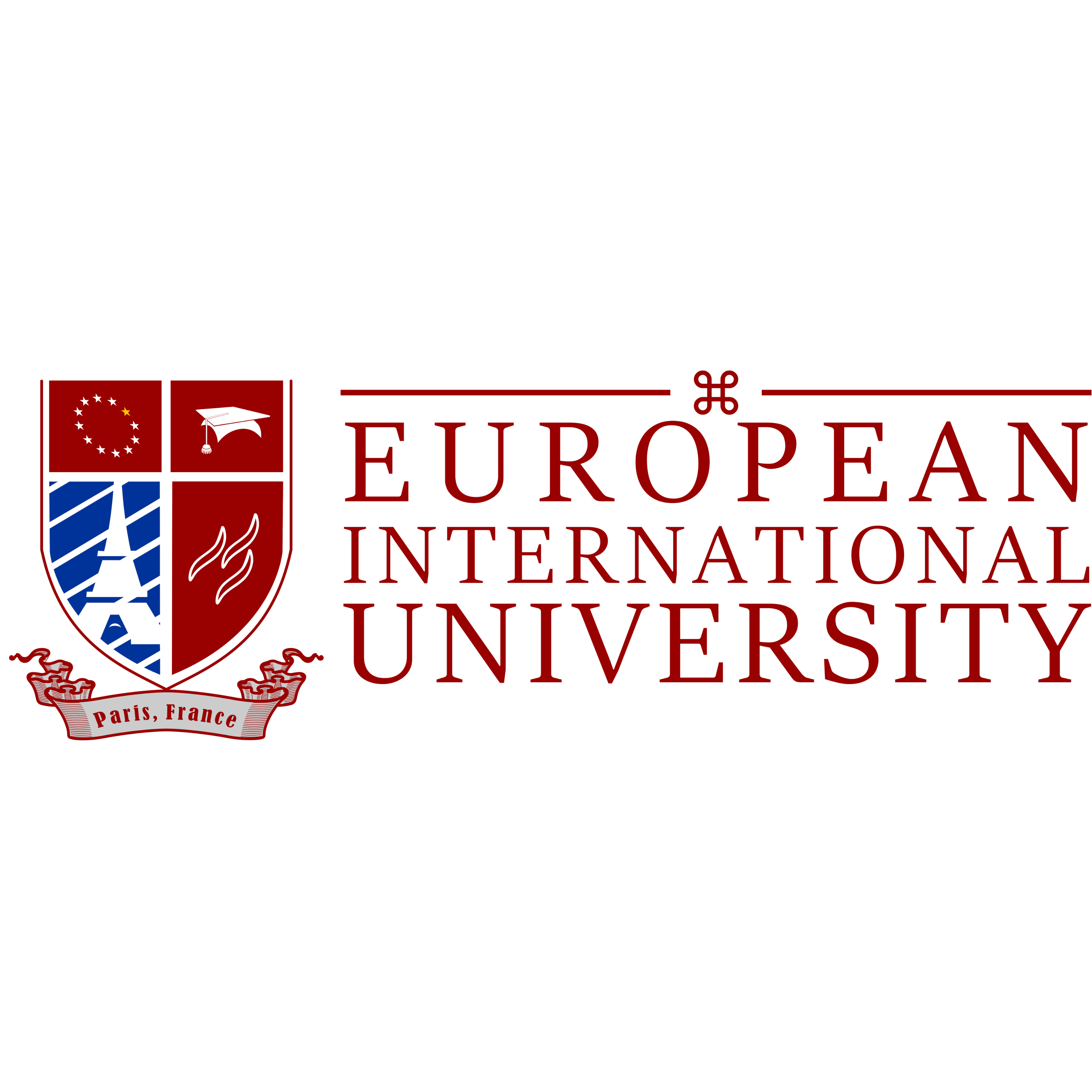
A Doctor in Arabic Language is a research-intensive doctoral program designed for scholars who wish to achieve comprehensive expertise in the Arabic language, its rich literature, and cultural contexts. This advanced degree encompasses the study of Arabic linguistics, syntax, morphology, phonetics, classical and modern Arabic literature, and the historical evolution of the language.
Candidates engage in original research that may explore areas such as comparative linguistics, dialectology, language acquisition, classical poetry, or contemporary Arabic prose. The program emphasizes both theoretical foundations and applied aspects, including translation studies and language teaching methodologies. Graduates develop the critical thinking, analytical skills, and deep cultural understanding necessary to contribute to academic knowledge and practical applications involving Arabic.
This doctorate prepares individuals for careers as university professors, researchers, translators, cultural consultants, or language policy experts. In an increasingly interconnected world, expertise in Arabic is vital for diplomatic relations, international business, media, and global education.
By the completion of the program, candidates produce a dissertation that offers original insights into Arabic language studies, helping preserve and expand the understanding of this historically and culturally significant language. The degree thus plays a crucial role in fostering cross-cultural dialogue, supporting Arabic language preservation, and advancing scholarship in a globally important linguistic field.